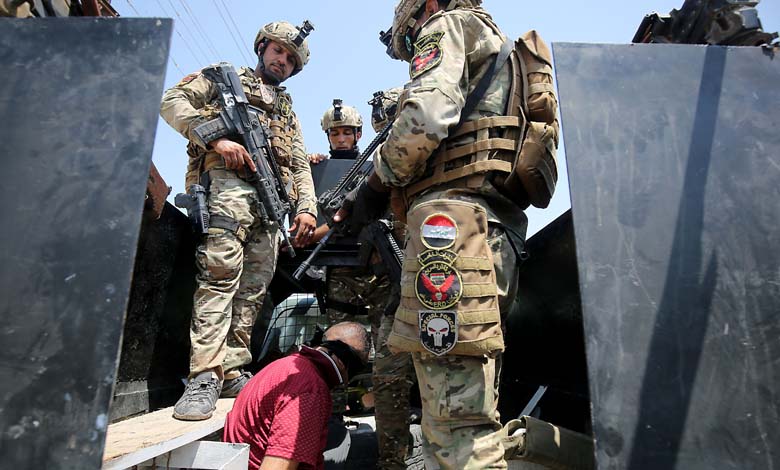Is Iraq Ready for the Collective Repatriation of Female Prisoners and Children Linked to ISIS?

In a decisive step to confront the legacy of the so-called Islamic State, Iraq’s Ministry of Justice has unveiled a plan to collectively repatriate detained foreign and Arab women, along with their children, to their countries of origin. This initiative is designed to ease the financial and security burden on the state, while also shielding society from the continued influence of extremist ideology on children who were raised in an environment shaped by ISIS.
-
Crimes Against Humanity and Genocide: UN Commission Presents Evidence Indicting ISIS in Iraq
-
After the events of Geweran prison and the operations of ISIS in Iraq… Where does the organization get their money?
According to “Erem News,” the plan involves the creation of a high-level committee chaired by the Minister of Justice and including representatives from the Supreme Judicial Council, the Ministry of Foreign Affairs, and the National Security Advisory. This body will be responsible for developing a precise mechanism to implement the mass repatriation safely and legally, with full respect for the rights of women and children, guaranteeing their protection and preventing any negative ideological repercussions within Iraqi society.
Official data indicates that the case concerns more than 700 individuals, including around 550 women and 152 children of various nationalities, which makes the collective implementation highly sensitive and complex.
-
Pro-Iranian militias back ISIS in Iraq
-
Fears that ISIS may exploit regional wars to re-emerge in Iraq… Details
Nevertheless, significant international obstacles remain. While some countries have shown readiness to receive their citizens, many European nations remain hesitant, citing political and security concerns. This reluctance places Iraq in a difficult diplomatic position, requiring it to balance international obligations with domestic security priorities, and to ensure the reintegration of children in ways that prevent the re-emergence of radicalization.
From a legal perspective, the collective repatriation aligns with the Iraqi Constitution, which prohibits support for terrorism, as well as with international standards that emphasize states’ responsibility to recover their citizens, whether for prosecution or for rehabilitation and reintegration. The plan further underscores the importance of safeguarding the rights of children and mothers, who are among the most affected by the extremist environments in which they lived.
-
Has Iraq begun to recover economically after years of crisis?
-
Embezzlement of funds allocated for ISIS victims reveals the extent of corruption in Iraq
This issue therefore represents a true test of Iraq’s ability to integrate security, humanitarian, and legal dimensions in one of the most complex contexts, particularly in the framework of collective expulsion that requires a high degree of coordination and meticulous procedures.
If successfully implemented, the plan could establish Iraq as an international model in managing complex terrorism-related cases, reaffirming its commitment to protecting society, holding perpetrators accountable, and at the same time offering humanitarian solutions for women and children scarred by extremist ideology.












